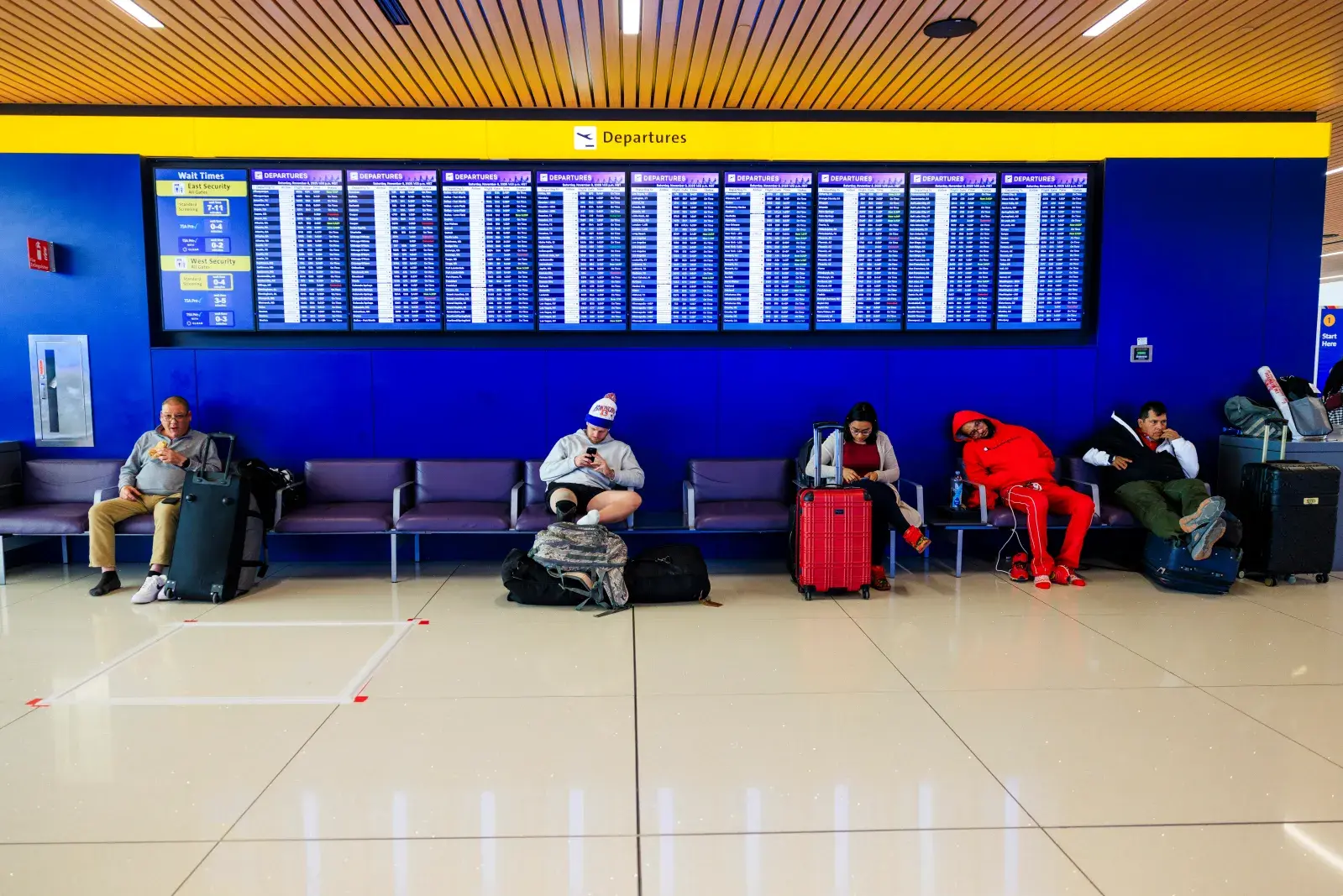Copyright Joliet, IL Patch

Groups argue that remote participation would significantly reduce the disenfranchisement of some voters. MASSACHUSETTS — Advocates in Massachusetts are working to ensure everyone has a greater voice in how their town is governed. Groups are working to pass H.2274, a bill that would authorize remote participation in open town meetings. In Massachusetts, the open town meeting is a space where the town's voters can weigh in on municipal issues. In Wayland, the town formed an Electronic Voting Implementation Subcommittee, which has been urging state leaders to pass this legislation. ELVIS has argued that remote participation would significantly reduce the disenfranchisement of registered voters who must travel for work, are disabled, or serve as caregivers. Rep. Carmine Gentile (D-13th Middlesex), who filed the bill, said it would give communities the freedom to offer remote participation at town meetings. "This is not a requirement, but an option for towns that feel it would strengthen civic engagement," Rep. Gentile said. "Open Town Meeting is one of the most direct forms of local democracy we have. Yet in practice, it can be difficult for many residents to take part." In Wayland, there are roughly 2,100 voters in annual town elections, but only about 600 people on average attend the annual town meeting, according to Rep. Gentile. Rep. Gentile said many representative town meetings have successfully used verified remote voting systems. Organizations like the League of Women Voters of Massachusetts have also encouraged the Legislature to remove a prohibition on remote participation. The League said the in-person-only rule means that a small percentage of residents often decide on town issues. "The in-person-only requirement means the major business of the legislative body of the town — passing a budget, approving capital purchases, and adopting new town laws — is very frequently conducted by a very small percentage of the town’s voters," said Celia Canavan, the executive director of the League of Women Voters of Massachusetts. Dave Bernstein, ELVIS's chair in Wayland, said the group has received multiple endorsements, but the legislation has not gained any traction on Beacon Hill. The group has identified four technical challenges, including (1) designing a system that is simple and requires no training, (2) addressing infrastructure failures, (3) conveying votes securely over cellular and internet networks, and (4) preventing proxy voting or impersonation. But they have worked to identify ways to overcome these challenges, which are outlined in a video created by the League. Even so, Bernstein said it will be essential to eliminate the requirement for physical presence to increase participation in Massachusetts' unique form of direct democracy. "The fundamental principle behind town meeting is that the more of a town’s registered voters participate, the better the decisions made at that meeting will be," Bernstein said. "Thus, by enfranchising many more voters, remote participation will improve the governance of our towns." See Also:



